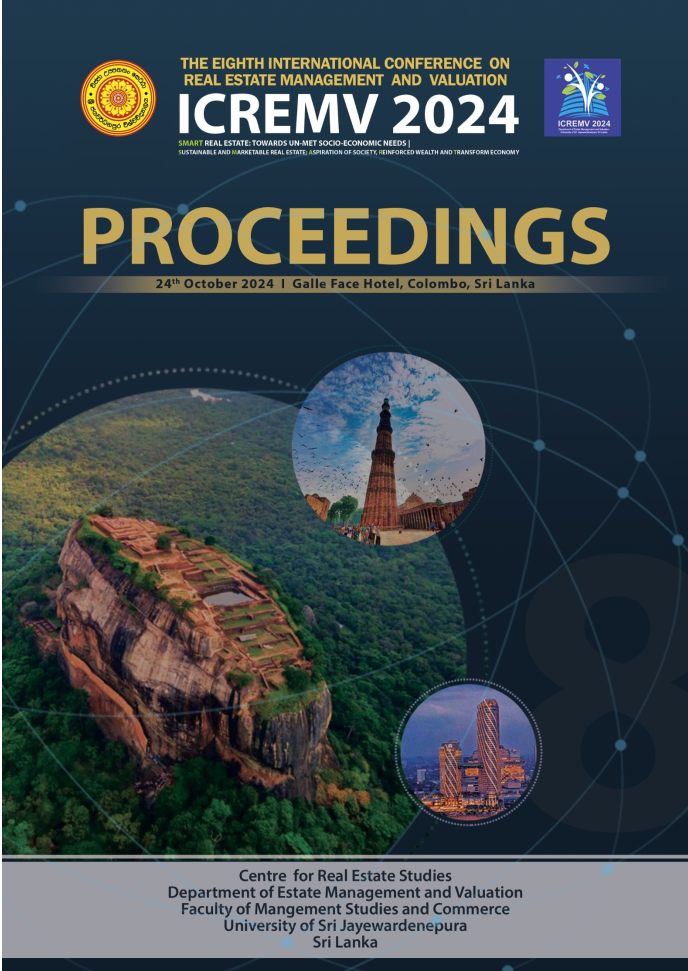Significance of Sustainable Coffee Production in Sri Lanka Aligning with EU Standards for Market Access and Environmental Resilience
DOI:
https://doi.org/10.31357/icremv.v8.7980Keywords:
Sustainable coffee production, EU market eligibility, Smallholder farmersAbstract
Coffee is one of the world's most popular beverages made from the seeds of the tropical coffee plant and global consumption is 2.25 billion cups per day. There is over 70 countries manufacturing coffee and two genre is most important to the coffee industry are Arabica and Robusta. Indeed, the global coffee industry faces significant challenges including fluctuating production costs due to land scarcity, labor unavailability, water scarcity and environmental impacts. This study emphasizes need of manage climate variability , effectively improve production and improve the livelihoods of smallholder farmers while maintaining environmental integrity and sustainability in line with EU standards to gain European market access for Sri Lankan coffee. Indeed, Sri Lankan coffee can access the European market by managing the variables of coffee variety diversification, water management, exploration of new territory, soil conservation, research and development, cooperation and networking and market access.


